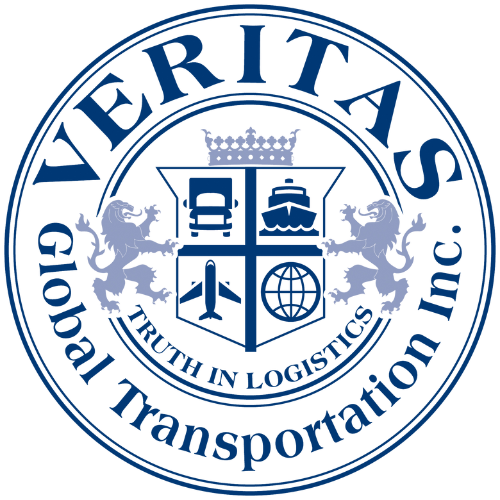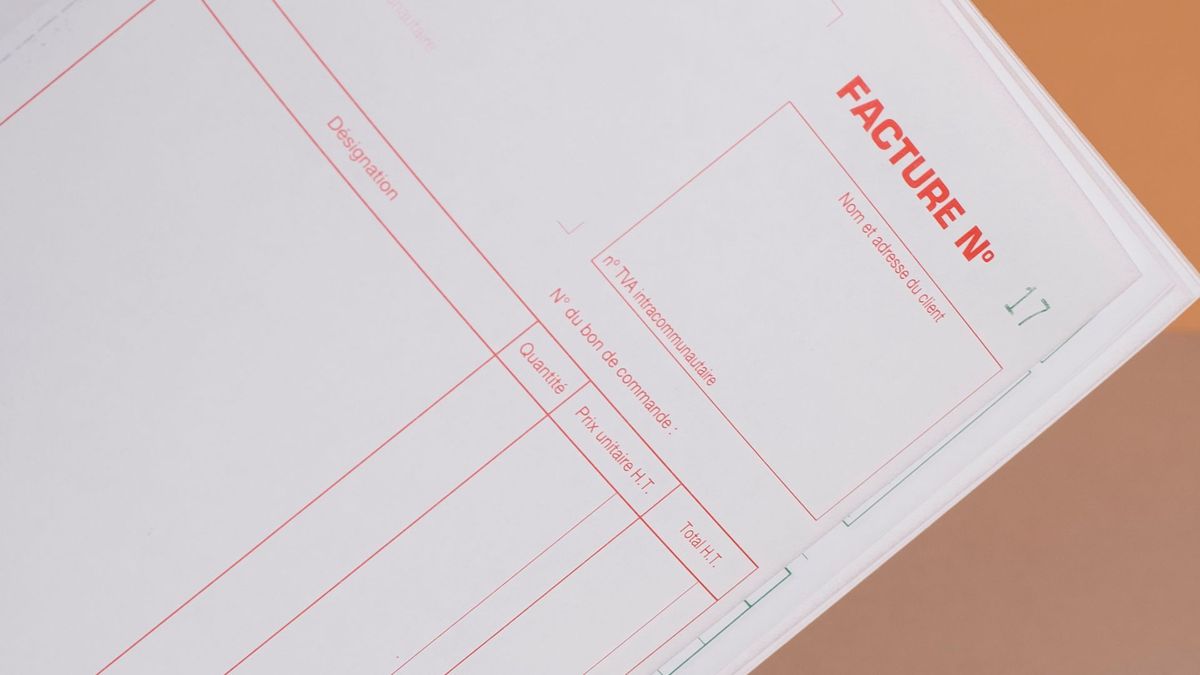The above documents are the most common among exports, however, there are some case-by-case scenarios that require extra certificates to be presented for shipping. In the next few sections, we will look over what these certificates entail, what they are, and when you would need one for your shipping endeavor:
Certificate of Insurance
A certificate of insurance is issued when cargo is insured by the freight forwarder. It is used to assure both the shipper and the consignee (though mostly the consignee) that if anything were to happen to the cargo while it is in transit, it is insured and the damages are covered. Some shippers/consignees will not request insurance, and in those instances a certificate of insurance is not required. It simply depends on whether insurance is requested by either party.
Certificate of Fumigation
Some countries require shipping containers to be fumigated (specially cleaned) in order for them to be unloaded at destination. The most well-known examples of countries that require container fumigation are New Zealand and Australia; both of whom have different regulations. However, there are a few other countries that require fumigation as well. As the freight forwarder, we would be able to tell you upon receipt of your request whether or not your container would require fumigation. After fumigation is completed at the origin, a certificate showing that it has been completed will be issued, and this will need to be presented overseas if the container is to be unloaded. In some cases, failure to provide a fumigation certificate (or to fumigate a container at all) will result in the container being shipped back (or the entire vessel being turned back) at the shipper’s expense. Going into all the detail regarding fumigation requirements would be incredibly extensive, but to make a long story short: each country and each commodity is different, and it is best to do a little research before assuming something doesn’t need to be fumigated/need a certificate of fumigation.
Export Licenses
Most commodities do not require export licenses (this in itself is considered an EAR99 license). However, for some commodities (particularly firearms/defense articles), require the shipper to have an export license. An export license is issued by the government, allowing the shipper to export a certain commodity at a certain quantity to a certain destination. As per export.gov‘s regulations: “An export license is a government document that authorizes the export of specific goods in specific quantities to a particular destination. This document may be required for most or all exports to some countries or for other countries only under special circumstances. Examples of export license certificates include those issued by the Department of Commerce’s Bureau of Industry and Security (dual use articles), the State Department’s Directorate of Defense Trade Controls (defense articles), the Nuclear Regulatory Commission (nuclear materials), and the U.S. Drug Enforcement Administration (controlled substances and precursor chemicals)” (“Common Export Documents”). Be sure to check out the links they provide on their website regarding the export license. It is incredibly important to know if you require one.
Inspection Certificate
The inspection certificate certifies that your shipment has been inspected before being shipped out. Such an inspection is called a pre-shipment inspection, which, according to export.gov, is “to ensure that the price charged by the exporter reflects the true value of the goods, to prevent substandard goods from entering the country, and to deflect attempts to avoid payment of customs duties” (Ibid). This is only required in certain situations for specific commodities. It is, as per advancedontrade.com, “Required usually for import of consumer goods such as softlines, hardlines, electronic goods, luxury goods; commodities such as bulk oil shipments and bulk scraps shipments” (“What is an Inspection Certificate”). To read more about the specifics of an inspection certificate, be sure to check out the link cited.
Canadian Customs Invoice (Exports to Canada)
This invoice is a statement of the cargo value presented to Canadian customs for importation into Canada. It is not required, but it is preferred. The invoice is issued in Canadian dollars, and it is for all cargo that exceeds the value of 1600 Canadian dollars (“Common Export Documents”).
Import License
An import license is a proof of the consignee’s validity as an importer. It is not required for export shipments, but it is encouraged for some countries, as it will make customs easier at the destination. It simply depends on where the cargo is going and how strict customs is in said country (Ibid).
Documents for “Temporary Exports”
Some documents are only applicable for “temporary” shipments. A temporary shipment is a shipment that is intended to be returned to the original country within a year of its exportation. For example, if someone exports exhibition goods to a museum in England and those goods are shipped back to America after the exhibition ends within a year of its exportation, that is considered a return shipment. Exhibition goods are the most common (but not only) commodity for temporary exports.
ATA Carnet Temporary Shipment Document
A carnet certifies a cargo’s intention of return back into the US, and eliminates VAT and other tariffs when it enters other countries (since it’s going to be sent back). According export.gov, “An ATA Carnet, a. k. a., ‘Merchandise Passport,’ is a document that facilitates the temporary importation of products into foreign countries by eliminating tariffs and value-added taxes (VAT) or the posting of a security deposit normally required at the time of importation” (Ibid).
Customs Certificate of Registration
A customs certificate of registration is a document for temporary exports that allows the shipment to pass through the U.S. customs and destination customs letting the authorities know that the cargo is being exported for repair in another country and is to be returned after the repair is complete (it is not staying in the country permanently). Export.gov states that it is used “often in conjunction with a temporary import bond or ATA Carnet for goods that are leaving the United States on a temporary basis for alteration, repair, replacement, and processing” (Ibid).
Documents for Food/Plant/Animal Exports
A vast majority of extra regulations exist strictly for the shipping of sensitive cargo (i.e. frozen/fresh food, live plants, and live animals). Below is an array of the different certificates shippers of food must be aware of when transporting their goods overseas. Whether or not it applies to their shipment is determined on a case-by-case basis and depends on aspects such as the cargo destination, specific commodity, and the type of packaging.
Certificate of Analysis
According to export.gov, “A certificate of analysis can be required for seeds, grain, health foods, dietary supplements, fruits and vegetables, and pharmaceutical products” N.B. the phrase “can be” in the quote; this implies that the certificate of analysis is not always required for such shipments, but should be expected or anticipated. The certificate of analysis is somewhat similar to the MSDS for hazardous shipments, although it is not usually as long (and isn’t for hazardous cargo).
Certificate of Free Sale
The certificate of free sale is a document simply verifying the legal sale of your goods. As per export.gov, “Required in some countries for certain kinds of goods. Your state government usually supplies this document, which indicates that the goods you intend to export have been sold in that state” (“Common Export Documents”). As before stated, this document is only applicable for some countries and for some commodities, nevertheless, food exporters should be prepared for this certificate to be asked of them for legal exportation.
Halal Certificate
The majority of Middle Eastern countries require imported meats to be verified Halal products (killed in a clean way according to their Islamic law). According to export.gov, “Required by most countries in the Middle East, this certificate states that the fresh or frozen meat or poultry products were slaughtered in accordance with Islamic law. Certification by an appropriate chamber and legalization by the consulate of the destination country is usually required” (Ibid).
Health Certificate
This is yet another certificate for exporters of food and of live animals. Notarization of this certificate is sometimes required. The health certificate is “to certify that a food shipment is fit for human consumption, and meets safety standards or other required legislation for exporting” (“Health Certificate”).
Fisheries Certificate
This certificate is for exporters of fish. Namely, it is for fish/seafood intended for human consumption. You can read more about the specifics of exporting seafood and fisheries certificates at the NOAA (National Oceanic and Atmospheric Administration) here.
Ingredients Certificate
This certificate is usually requested for shipments that have vague or nonexistent ingredient labels. This certificate can be made by the manufacturer and should list a large number of the food’s specifications, including chemical makeup and fat types. As stated by export.gov, the certificate “must give a description of the product, contents, and percentage of each ingredient; chemical data; microbiological standards; storage instructions; shelf life; and date of manufacture. If animal fats are used, the certificate must state the type of fat used and that the product contains no pork, artificial pork flavor, or pork fat” (“Common Export Documents”).
Phytosanitary Certificate
Dissimilar to the rest of this list of certificates for food products, this certificate is a legal requirement for all shipments of “fresh fruits and vegetables, seeds, nuts, flour, rice, grains, lumber, plants, and plant materials.” The phytosanitary certificate is a federal document that confirms that the fresh food being shipped is free of diseases or epidemics (Ibid).
Radiation Certificate (Saudi Arabia)
The radiation certificate is required for animal and plant exports to Saudi Arabia to confirm the absence of radio waves within the cargo (Ibid).
It is important to remember that every shipment is different, and some document requirements are a case-by-case scenario. For example, see below from export.gov:
Other (Product-Specific) Certificates
Shaving brushes and articles made of raw hair must be accompanied by a recognized official certificate showing the consignment to be free from anthrax germs. Used clothing requires a disinfection certificate. Grain requires a fumigation certificate, and grain and seeds require a certificate of weight. Many countries in the Middle East require special certificates for imports of animal fodder additives, livestock, pets, and horses.
It all depends on the commodity and the country of destination. While it may seem daunting, it is an unavoidable export reality: paper is money in this business, and without the proper documents, a shipment can go south fast. Nevertheless, don’t worry. We have been taking care of shipment documentation in the logistics industry for over fifteen years. Your shipment (and it’s required documentation) will be taken care of by experienced hands.
Hopefully this little list of required documents has made it easier for you to see what your shipment needs. If you have any questions about documentation, we would love to speak with you; feel free to give us a call or email us as per our contact details on our Contact Us page, or if you are considering shipping with us, please visit our Quote Request page. We would be glad to speak with you, and we look forward to handling anything you send our way!
Cheers,
The Veritas Team

